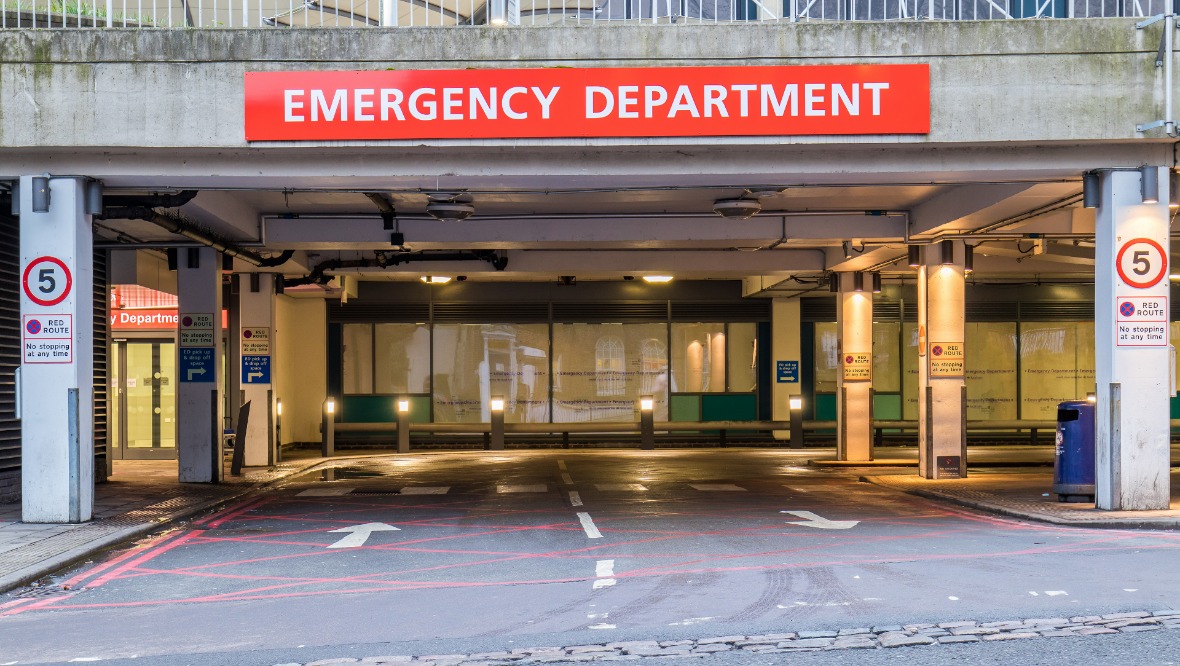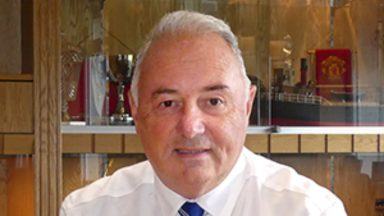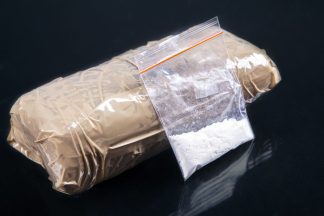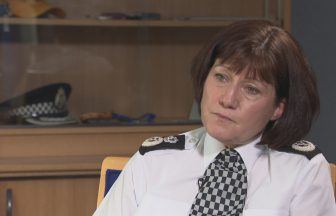Waiting times in accident and emergency departments worsened in the first full week of March, with a key treatment time target missed for more than a third of patients.
A&E departments dealt with 24,523 cases in the week ending March 12 – with official data showing that 64.7% of people were seen and either admitted, transferred or discharged within four hours.
Performance was also down from 69% in the week ending March 5, and continues to be well below the Scottish Government’s target of having 95% of cases in A&E dealt with within four hours.
The latest data from Public Health Scotland (PHS) showed that 8,656 patients were in A&E for more than four hours – up from 7,429 the previous week.
There were also 2,585 people who spent eight hours or more in A&E, including 1,030 who were there for a minimum of 12 hours – with these totals up from 2,300 and 916 in the week ending March 5.
The data for the week ending March 12 also showed three hospitals where more than half of patients waited longer than the four hour target time in A&E – with 42.2% of patients dealt within within this time at the Royal Infirmary of Edinburgh; as well as 44.5% of patients at Forth Valley Royal Hospital in Larbert; and 44.6% at Aberdeen Royal Infirmary.
Health secretary Humza Yousaf said: “We are doing everything we can to support the health service through the remainder of the most challenging winter in its history.
“While A&E performance has improved since the start of the year, pressure on services remains high and we will continue to see fluctuations in figures from week to week.
“There continues to be pressure across our health and social care system that is impacting on performance and I would like to thank all NHS staff for their continued exceptional efforts in the face of this pressure.
“We are increasing NHS 24 staffing to help cope with increased demand and are providing up to £8m to boards to help alleviate pressure from delayed discharge.
“As part of our nationwide approach, patients who no longer need to be in hospital are being urgently reassessed and those clinically safe to be discharged will be safely moved home or to an interim placement in a care home – freeing up beds for those most in need.”
Follow STV News on WhatsApp
Scan the QR code on your mobile device for all the latest news from around the country


 iStock
iStock























